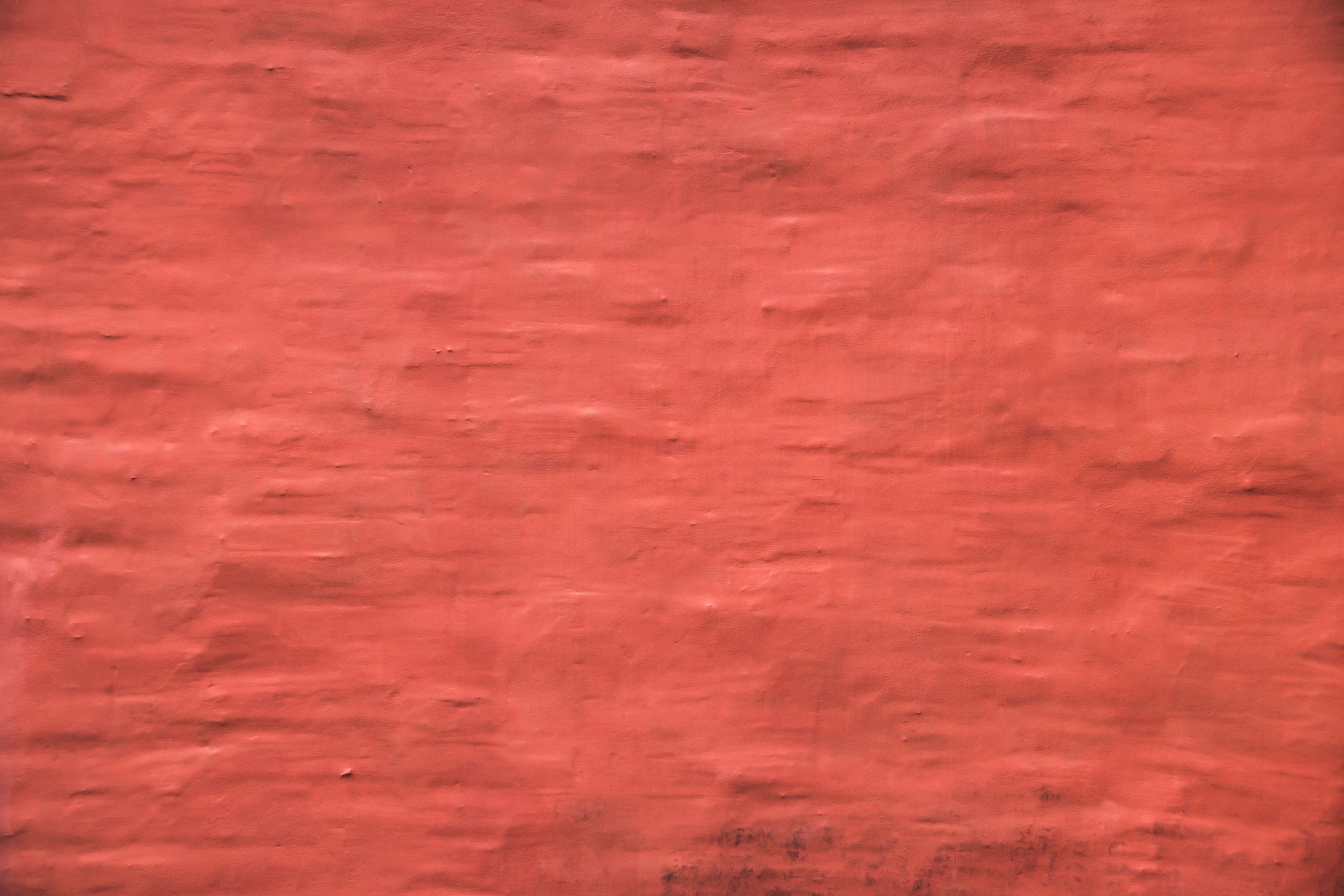Alexis de Tocqueville was a French sociologist and political theorist in the mid-1800’s. In 1831, he and Gustave de Beaumont, both French magistrates, were given a grant to come to America to study the penal system, though they were personally motivated to learn more about this experiment in democracy. They spent nine months traveling through cities and rural America, meeting with over two hundred Americans, including politicians, prisoners, business owners, President Andrew Jackson, and regular people alike. Tocqueville wanted to see what made the American government and people so successful in what would be a failure elsewhere; a new democracy being formed from diverse self-governed colonies.
Democracy in America, published in 1840 in France, is Tocqueville’s outline and explanation to a French audience how democracy works. Though the French Revolution had ended forty-six years prior, the French political system was anything but stable. France was still under an aristocratic system, which was swiftly becoming democratic. Tocqueville shrewdly recognized that democracy would be the way of the future, and came to America to investigate what life would be like under such a system.
Tocqueville’s celebrated text, Democracy in America, contains four volumes published between 1835 and 1840. This essay will only concern the first volume, American Institutions and Their Influence, which acts as an introduction and overview of the longer text. The first book of Democracy in America lists the tendencies of American laws, while part two deals with the influence of equality on American society. The chapters deal with equality, break down the roles of different branches of government, and voice de Tocqueville’s concerns about the democratic system.
He contrasts the American concept of equality with that of Europeans. Americans tend to think that every person, regardless of social standing, has a right to participate in determining the government’s role in their lives. Europe at the time was still under monarchical and aristocratic rule, with the understanding that those in power knew better than the average citizen.
As we all are aware, pre-Civil War America was a very different place than today. With the benefit of hindsight, seeing that slavery was still in effect, President Jackson was in the midst of his relocation campaigns, and women’s suffrage was nearly one hundred years away, a discussion of equality during this time is quite jarring. For the majority of this essay, though, and for the most benefit from the text, we need to adjust our context to the time it was written. Tocqueville’s work reveals the American character, and the nature of democracy in a burgeoning modern society. In the conclusion, we can see how modern-day American character was shaped over the years, and see the truth in Tocqueville’s enduring observations.

Democracy
Today, democracy is the most common model of government in the world. In the mid-1800’s though, it was a new and exotic concept, most fully realized in the decades-old United States. A democracy is a system of government whose representatives and legislation are determined by “the people.” Historically in Western society, this has been a minority group of educated men. At the time of Tocqueville’s writing, that was the case in America as well, with only white, land-owning men making up the voting base. As Tocqueville observed, democratic elections often come down to two parties; those who would extend the rights of the individuals to be virtually unlimited, and those who would reduce them, and expand the power/responsibility of the government.
Equality is the foundation of American democracy.
“The more I advanced in the study of American society, the more I perceived that the equality of conditions is the fundamental fact from which all others seem to be derived.”
Most European citizens were subject to the whims of the monarchy, clergy, aristocracy, or merchant class. The colonists had fled these systems of government which were aristocratic, overbearing, and inconsistent with democratic values, determining that
“….every one is the best and sole judge of his own private interest.”
Tocqueville was surprised to see that this equality resulted in a staggering amount of people participating in political, public, and government areas, commenting,
“…the groundwork of modern constitutions, …the intervention of the people in public affairs, the free voting of taxes, the responsibility of authorities, personal liberty, and trial by jury, were all positively established without discussion.”
He speaks about the town meeting system in New England, and the local politics of towns and counties, struck by how busily every one attends to their own matters, without needing the federal government picking up the slack. He marvels at how the American system is quite different from European models of centralized power; rather than the towns, countries, and states deriving their power from a national government, the roles are reversed, with the federal government being formed essentially from self-governing states.
“The political existence of the majority of the nations of Europe commenced in the superior ranks of society, and was gradually and always imperfectly communicated to the different members of the social body. In America, on the other hand, it may be said that the township was organized before the county, the county before the state, the state before the Union.”
In France, democracy struggles without individual self-government.
In contrast to the American system built on individual liberty and equality, the French had attempted to enact equality, but not established a strong sense of self-government. This left them in a sort of limbo, as before the Revolution they had depended on a central power trickling down into local municipalities. As it was, the conditions were ripe for despotism, rather than democracy.
The aristocratic system also meant that there was a wide gulf between the upper and lower economic classes. The upper class in France had no need to make more money, while the poor had little chance of doing so because the opportunity simply didn’t exist.
Tocqueville, born into aristocracy, was understandably concerned about life where social classes made little difference in daily life, and everyone was considered to be intellectually, morally, and physically equal. Throughout the text he paces from optimism to anxiety over what a democratic future France may hold.

In America, however, money became the signifier of quality, and anyone could make more. Tocqueville actually was turned off by the American love of capitalism, and concluded that democracy results in materialism, because everyone becomes so concerned with selling things to make more money.
“I know of no country, indeed, where the love of money has taken stronger hold on the affections of men.”
Tellingly, right around this time, America passed Europe in per capita income.
The Tyranny of the Majority
One especially insightful observation of Tocqueville is his warning on the “tyranny of the majority.” This essentially means that a statistical majority would dictate the direction, tastes, and laws of the country, with little recourse for the minority. Generally, this is the risk of representative government; the liberty of the people to rule themselves can devolve into counter-productive laws, opinions, and policies being passed.

Tocqueville’s warning of the “tyranny of the majority” can be described as the unlimited power of determining the law, and justice, as granted to the people in the U.S. Constitution. He describes the government as being a “slave to its passions,” because if the majority feels one thing is right, they cannot be stopped. Public opinion, the courts, and the press are all in agreement with the majority. Tocqueville is hesitant to give any single entity – individual or group – unlimited, absolute power over the direction of the country.
“In my opinion the main evil of the present democratic institutions of the United States does not arise, as is often asserted in Europe, from their weakness, but from their overpowering strength; and I am not so much alarmed at the excessive liberty which reigns in that country as at the very inadequate securities which exist against tyranny.”
The danger of majority rule is that it can erode the “freedom of spirit;” in a word, conformity.
“The authority of a king is purely physical, and it controls the actions of the subject without subduing his private will; but the majority possesses a power which is physical and moral at the same time; it acts upon the will as well as upon the actions of men, and it represses not only all contest, but all controversy. I know no country in which there is so little true independence of mind and freedom of discussion as in America.” (emphasis mine)
“…there the body is left free, and the soul is enslaved.”
“The omnipotence of the majority, and the rapid as well as absolute manner in which its decisions are executed in the United States, has not only the effect of rendering the law unstable, but it exercises the same influence upon the execution of the law and the conduct of the public administration.”
Because the majority’s opinion is reinforced from every angle; the press, with neighbors, in books, policies, and social gatherings, how could true freedom of opinion exist? By definition, if an opinion is held by the majority, there are few who do not hold it. How could one hope to be successful by going against the majority opinion? Further, since Americans, by Tocqueville’s estimate, are primarily concerned with making money and not offending potential customers, why would anyone project a controversial opinion? It is counter-productive to your livelihood.
“It seems, at first sight, as if all the minds of the Americans were formed upon one model, so accurately do they correspond in their manner of judging.”
Tocqueville’s misgiving is right, of course. When the power to decide how everyone should act or think is given to the majority, obviously most will act in line with that. It is the most pragmatic thing one could do. It should also be noted that this isn’t a knee-jerk criticism of democracy, but an honest look at its intricacies by a man who knew this was the system of government in which he would soon live. This New World experiment called American democracy was quickly becoming the model for Old World Europe. He is attempting to prepare the French to have appropriate expectations for the changes they will soon undergo. Further, as contemporary Americans, we should recognize that democracy by its nature tends to restrict certain freedoms in a quest to expand freedom to all.

Conclusion
Far from being the exception to the rule, democracy is now the model of most nations. Fairly held elections are a hallmark of progress, and worth celebrating, in the 1830’s when Tocqueville marveled at the peaceful exchange of power, and now, as it continues. He has the distinction of being among the first to recognize the potential pitfalls of self-government over the long-term. Democracy in America provides a look at how independence and equality will rule in everyday life, while also taking an open-eyed look at what is possibly lost in the process. Finally, it gives insight as to how truly different American democracy is from other countries, because our roots from the very beginning have been so revolutionary.
In the next post on Tocqueville, we will look at how education and critical thinking were a concern of the author’s at the time, and how they remain in critical shape today. We will also look at how the localized, independent systems which were implemented by the colonists, and continue to this day, have produced the trademark American independent spirit over the last two hundred years.
Ed. note: This post is part of a series looking at the three schools of philosophy for perspectives on navigating our modern world. Inspired by Emerson’s “The American Scholar,” we are exploring timeless wisdom which endures to inform our approaches to learning, relationships and leadership.Click here for all the posts in this series.




